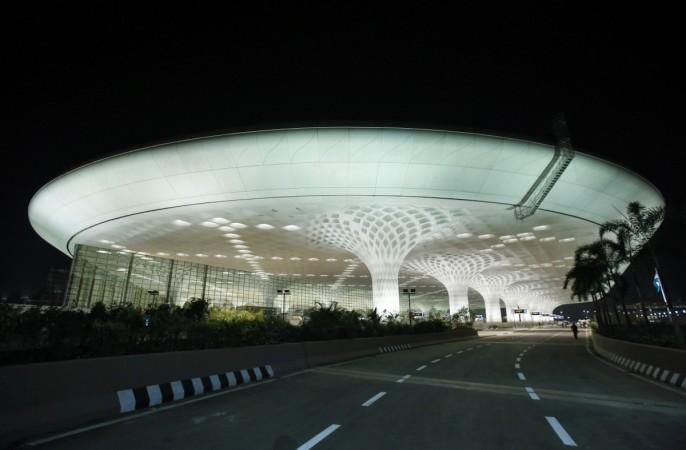
About 112 Indians, who were stranded in West African nations such as Liberia as the deadly Ebola epidemic broke out, are set to return to India today, sparking concerns of bringing home the virus that has killed more than 1,400 people.
Authorities of the Mumbai International Airport Limited (MIAL) have put stringent screening arrangements in place at the Chhatrapati Shivaji International Airport to ensure that those with any symptoms of the Ebola Virus Disease (EVD) are screened and taken to hospital.
"As part of the tentative plan, the aircraft will be first taken to a remote bay and all passengers will be screened at the step-ladder exit after the arrival of flights at the Chhatrapati Shivaji International Airport (CSIA)," authorities told The Press Trust of India.
More than 100 Indian passengers will travel back home on several flights including Emirates, Etihad, Ethiopian Airlines, Jet, South African Airways and Qatar on Tuesday from Liberia and other affected regions in West Africa, PTI reported. Some will travel to Mumbai by domestic flights after landing in Delhi.
In all, 1,250 passengers of different nationalities will be on board these flights and they will all be examined by doctors as soon as they disembark. They will be allowed to board a connecting flight only 30 minutes after the disinfection process is complete.
While passengers without any symptoms will be allowed to proceed to the T2 terminal for immigration and customs clearance, those with symptoms associated with the disease, such as fever, sore throat, vomiting, rashes, weakness and muscle pain will be immediately rushed to the trauma centre in the suburban area of Jogeshwari, where a quarantine facility has been created to isolate the patients. Their baggages will also be scanned later.
The biggest health concern is that since the virus has an incubation period of up to 21 days, the symptoms may show up days after the person contracts the virus.
The virus spreads through contact with bodily fluids of the affected person, especially as the patient is prone to vomiting, diarrhea and internal and external bleeding caused by the haemorrhagic fever.
The World Health Organisation has declared this Ebola Outbreak as an international health crisis.








![BJP fields Tashi Gyalson for Ladakh; drops sitting MP [details]](https://data1.ibtimes.co.in/en/full/797185/bjp-fields-tashi-gyalson-ladakh-drops-sitting-mp-details.jpg?w=220&h=138)








